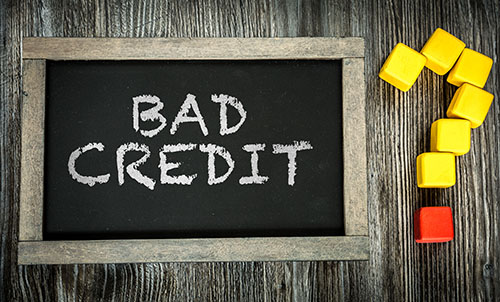3 Reasons Why the Cost of Title Insurance is Worth the Investment
 Title insurance is one of the few types of protection policies available to homebuyers and one that is often overlooked because of its optional nature.
Title insurance is one of the few types of protection policies available to homebuyers and one that is often overlooked because of its optional nature.
Because title insurance is purchased simultaneously with the home, it can be very easy to forego when looked at alongside all the additional fees that are associated with purchasing property.
This is typicaly not advisable, as title insurance is one of the smartest forms of protection a homeowner can buy. Here are just three reasons why every purchaser should get title insurance.
It’s The Best Protection Against Fraud
Title insurance protects the owner of a home from any claim made against their property, whether or not they are responsible. These include unpaid mortgage balances on the home, an improper foreclosure or any form of real estate fraud perpetrated by the seller.
Fraud is more prevalent now than ever before and has started to gain momentum in real estate as well. Forgeries are easier to create in the electronic age and criminals take advantage of today’s ‘do-it-yourself’ attitude to sell property they don’t actually own to unsuspecting victims.
The Insurer Performs An Exhaustive Title Search
Countless records are now made public online for low one-time payments to access them. But does anybody really know what they should be looking for? Title insurers are experts at finding anything suspicious with a home and researching exhaustively to make sure everything about the transaction is legitimate.
And if it’s not, the insurance still covers the buyer for any losses incurred if they are ordered out of their new home should a claim be made against it. Then they will research the claim to make sure it isn’t a fraudulent one.
Title Insurance Is A One-Time Fee
Although it is a large fee, title insurance only needs to be paid for once. Unlike other insurance policies that are either monthly or annually, title insurance is a one-time fee that is acquired at the time of closing. Most mortgage lenders require that their title insurance policy is paid for by the borrower anyway, so it’s not a giant leap to take out your own policy the same time.
Title insurance will also protect against mortgage fraud or any unpaid mortgages the home already has. Although title insurance is strongly recommended, it is a good idea to speak with a professional about it so that any questions you have may be answered.

 Obtaining a mortgage can be quite a complicated process even without the financial hurdles, but if your spouse’s credit has experienced a number of difficulties, acquiring a mortgage can be even more of a burden. If you’re concerned about what bad credit will mean for your mortgage and are weighing your options, here are some reasons why it might be important to use a co-signer for your application.
Obtaining a mortgage can be quite a complicated process even without the financial hurdles, but if your spouse’s credit has experienced a number of difficulties, acquiring a mortgage can be even more of a burden. If you’re concerned about what bad credit will mean for your mortgage and are weighing your options, here are some reasons why it might be important to use a co-signer for your application. It seems like everything is getting jumbo sized these days. Jumbo sized soft drinks. Jumbo sized fast food meals. Jumbo sized smartphones. But one thing that nobody thought would get jumbo sized? Is mortgages.
It seems like everything is getting jumbo sized these days. Jumbo sized soft drinks. Jumbo sized fast food meals. Jumbo sized smartphones. But one thing that nobody thought would get jumbo sized? Is mortgages.